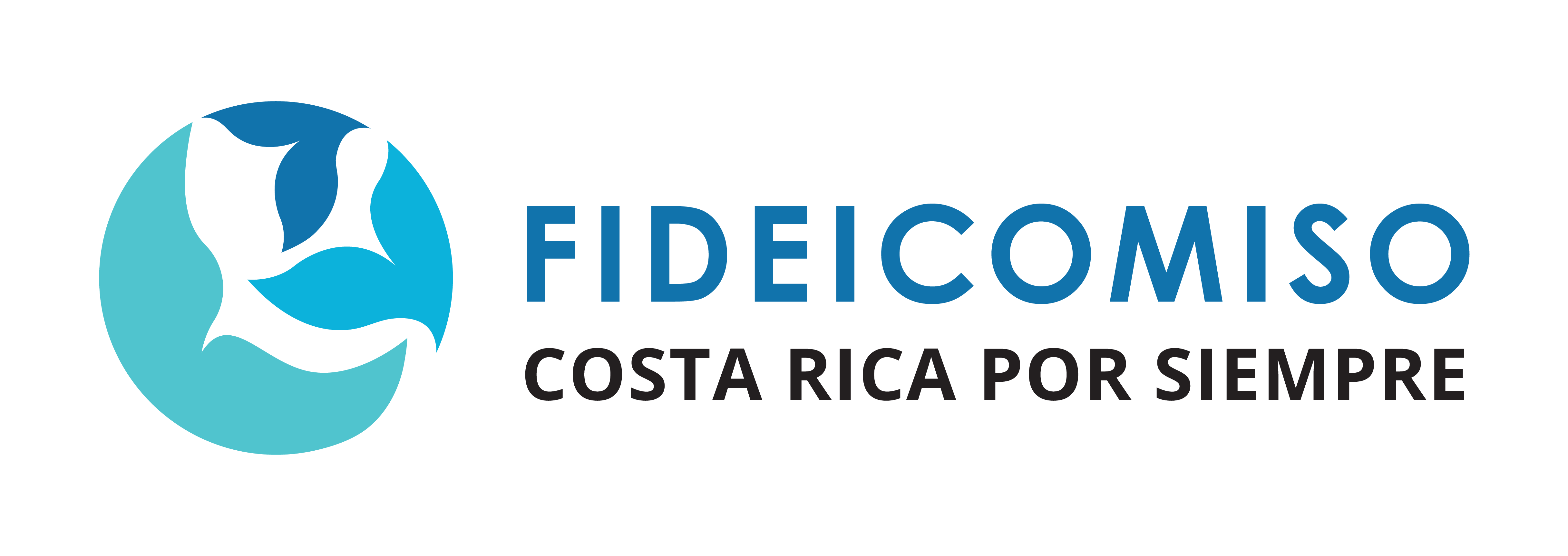
Agreement with Irrevocable Trust / Managed by Costa Rica por Siempre
Monitoring and evaluation of the status of the small-scale artisanal fleet fisheries and their management in the ACT’s Marine Protected Wild Areas.
Since 2016, base information on fishing activity has been generated in the ACT ASPM, developed on baselines and monitoring of small-scale artisanal fisheries. These have provided relevant information on the dynamics of fishing and the participation of communities in the use of marine resources, however, methodologies have been implemented that have differed from each other in the data collection and where it has not been managed to record the true total extraction of the fishing resource, nor is there enough information to assess the impact on biodiversity and ecosystems.
The management of the ASPM and the AMPR have been established under the criteria of an ecosystem approach to fishing whose main purpose is to “plan, develop and manage fishing in a way that satisfies the multiple needs and desires of societies, without putting at risk the possibility for future generations to benefit from the full range of goods and services that can be obtained from marine ecosystems ”(FAO 2006). And always seeking the implementation of actions to reduce the threats of the EFM (SINAC 2017a) and strengthen the management of the governance model of these ASPM.
Throughout this process, efforts have been made to develop capacities in the evaluation of fisheries and their impact on ASPM, as well as to make a better interpretation of the dynamics of fishing activity in the search for a balance between the use of the fishing resource. and its conservation.
Part of these efforts is the inter-institutional work synergy between ACT-SINAC – FUNDECODES, INCOPESCA, UNA and ACRXS, as a proposal that will allow for the first time in the fisheries issue to unite efforts, knowledge, capacities and resources, to improve the management, the generation of information and knowledge of the fishing activity, as inputs for decision-making.
Likewise, as a result of this inter-institutional work, there is the identification of indicators not only in fisheries, but in the legal, social, economic and governance spheres, which allow to improve the evaluation of the ASPM and the AMPR in a comprehensive manner, as well as, the standardization of the methodology for each of the selected indicators, which will allow, over time, to more reliably compare the results of the different evaluations and monitoring.




